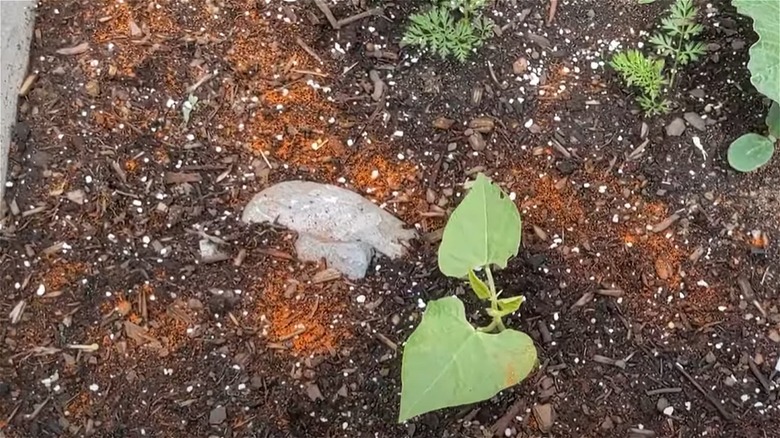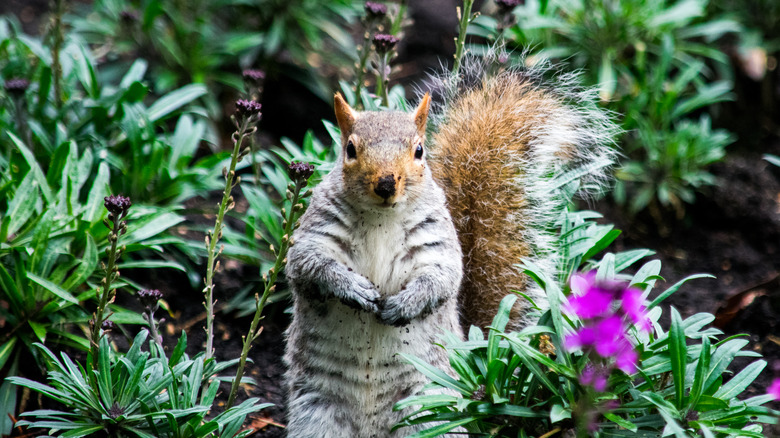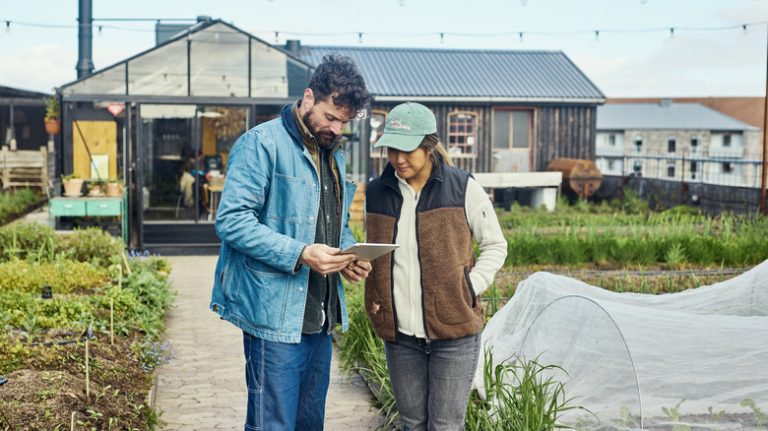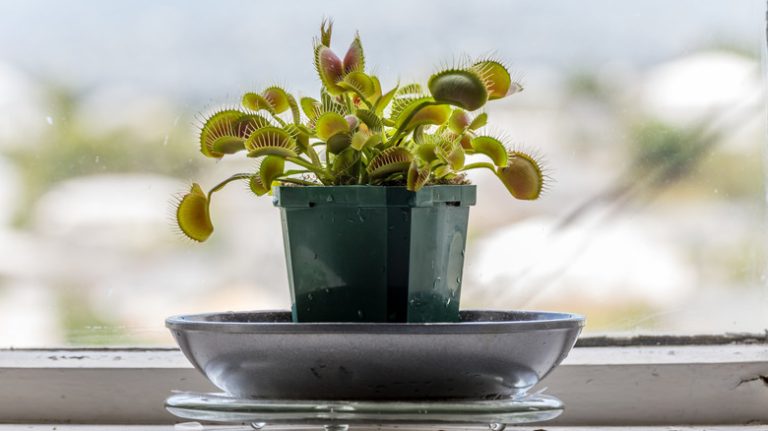Keeping critters away is one of the most challenging aspects of maintaining a garden. Bugs and animals are attracted to plants and may attempt to consume or otherwise destroy them. Squirrels are one of many animals that pose a threat to gardens. They are drawn to bulbs, especially crocus, lily, and tulip bulbs. These rodents are clever enough to identify newly planted bulbs by looking for soil that has recently been dug up. You can combat their smarts with a simple kitchen ingredient that will encourage them to spare your bulbs and leave your garden alone. Simply sprinkle cayenne pepper over your soil to keep squirrels away.
The strong spice is an effective and inexpensive repellent. So, why do squirrels dislike cayenne pepper? It contains the component capsaicin, which is also found in pepper spray. Just like pepper spray, the cayenne pepper releases a strong aroma that acts as an irritant to squirrels. If these critters have been attacking your bulbs, you may want to consider grabbing a bottle of cayenne pepper to pour over your soil.
Using cayenne pepper to keep squirrels away

YouTube
When applying the cayenne pepper to your soil, be sure to sprinkle enough near where your bulbs are planted to create an effective barrier. The spice will wash away each time it rains, so you will need to reapply it after each rainstorm. You may also need to sprinkle another layer of the spice each time you water your soil.
If you’re skeptical about the effectiveness of cayenne pepper against squirrels, you may be happy to hear that the city of Ontario, Canada used the spice to keep the rodents away from tulips planted at one of its parks in 2024. Dave Toothill, the city’s horticultural supervisor, spoke to CBC about an investigation into whether cayenne pepper keeps critters away.
“Through our investigation, animals, probably just the same as human beings, don’t appreciate pepper in their noses,” he explained. “It deters them from digging down into the soil and grabbing tulip bulbs and having dinner.” He also confirmed that the spice will not harm the squirrels, they simply stay away due to the harsh smell. “It’s irritating,” Toothill continued. “It’s just a deterrent. They sniff it and don’t come back.” Gardeners — and even entire cities — trust cayenne pepper to help protect their bulbs.
Confirm that squirrels are the culprit before applying cayenne pepper

There are a few precautions you should take before sprinkling your soil with cayenne pepper to keep squirrels away. There is a chance that you discovered your bulbs were dug up but have not identified the culprit. If you didn’t actually catch a squirrel in the act of destroying your bulbs, it is important to confirm that they are the creatures responsible for the damage. This way, you can ensure that the cayenne pepper method will be effective. While the spice keeps squirrels away, it will not necessarily repel all the different types of animals that could have dug your bulbs up.
If it looks like a critter has been eating your bulbs, they were most likely consumed by either a chipmunk, groundhog, or squirrel. There are a few signs to watch out for to determine whether your bulbs were dug up or consumed by squirrels. These rodents typically leave golf ball-sized holes in soil. If you discover something has been snacking on your bird feed too, this is also a good indicator that you’re dealing with squirrels. Once you conclude that squirrels are responsible for digging up your bulbs, you can move forward by sprinkling your soil with cayenne pepper.
Please also be aware that using cayenne pepper as a possible squirrel deterrent can be dangerous to domestic animals and wildlife.




